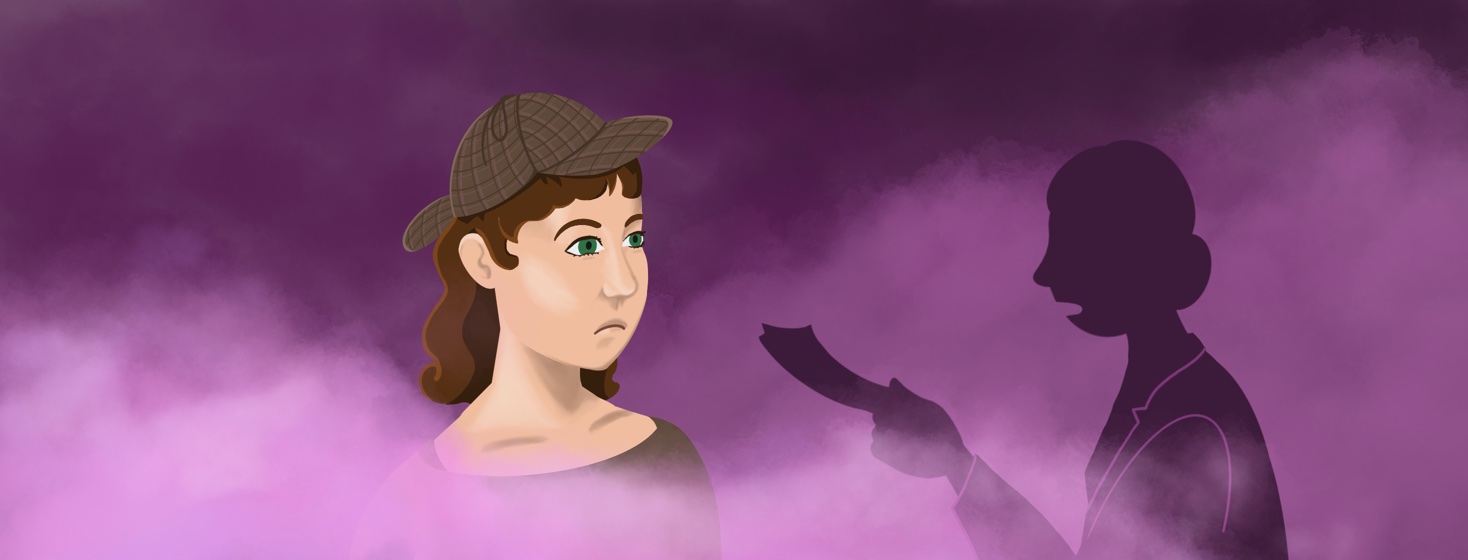News for a Lifetime: Going, Going, Gone
I recently got to thinking about when I was first diagnosed with leukemia, specifically chronic myeloid leukemia (CML). The long and winding road to it I’ll put off until another day. Let’s just say I knew something was wrong for 1½ years and I was blown off by my primary doctor as either a crazy menopausal woman, a hypochondriac, or just plain crazy.
I remember very little about being told. I was alone in a room with a new-to-me oncologist in my former hometown. She said the bloodwork indicated I had either leukemia or another bone marrow disorder. She also asked me if I wanted to be treated there or where I had moved, about an hour and a half away. I opted for the latter.
"Susan, you weren't crazy."
Out of everything that must have been said, I retained only two things:
The doctor said there was a drug called Gleevec and in six months, my numbers should return to normal. (It was actually 1½ years later following a drug change to Sprycel, but as we know, blips occur from time to time, so “normal,” isn’t a sure thing nor does it always last).
As I was walking to check out, she called after me: “Susan, you weren’t crazy.” (Apparently, I had relayed my epic odyssey trying to get people to believe me when I said I didn’t feel well and they acted like I was delusional).
After that, it is mostly a blur. I don’t remember driving home or how I told anyone the news. That would be understandable if it was 10, 20 years ago. It was five and a half years ago. So today, I spent some time trying to search my memory banks. Nothing, nada, zilch.
Unblocking the early days of my diagnosis
In an attempt to unblock that, I asked a half dozen people in my life how I told them about my diagnosis, what I told them and if they could remember anything about my demeanor.
Mind you, these are people who would probably find this news a bit unsettling.
What I compiled as answers told me the following:
- I told no one in person.
- I made a lot of phone calls and was preoccupied with the fact that I had not been imagining symptoms. “Being right” all along was something I emphasized rather than the actual matter at hand.
- In real-time, I seemed to be processing the information aloud—articulating questions I had about the future and what it all meant.
- I wasn’t big on details and what I was saying was a bit vague. In my defense, I didn’t have any details and was unfamiliar with CML and blood cancers in general. It was only when I started being treated at a cancer center by a CML specialist that I started asking more questions and getting information.
- I planned to limit the time I spent looking up things until I had my first official appointment. So, some of what I wanted to know had to wait.
- I was unemotional and sounding matter-of-fact about what was next to be done.
- With a few exceptions, thereafter, I didn’t talk about my CML or what was going on in the first few months. Very few people brought it up again to me. Months led to years.
Was my brain trying to protect me?
Today, the responses I received in my impromptu survey did little to trigger anything or take me back to that day.
Is my brain trying to block out some of those early details to protect me? Anyone else relate?
Whatever the reason, I guess precisely how I handled the diagnosis and broke the news is mysteriously floating out there somewhere. In its entirety, it’s out of reach.
But, it doesn’t matter. What matters is living mindfully with the condition now—and gratefully having the chance to tell parts of my story. Like this one.

Join the conversation